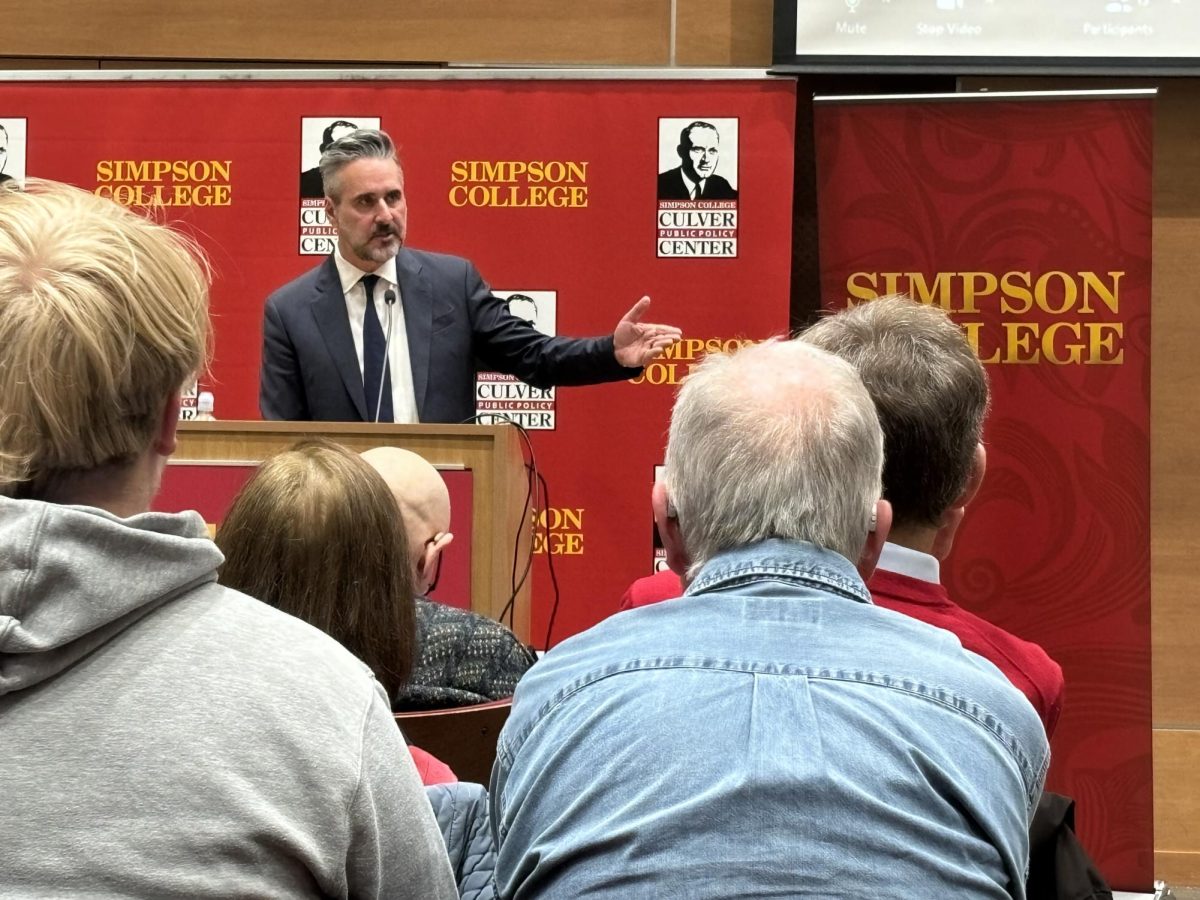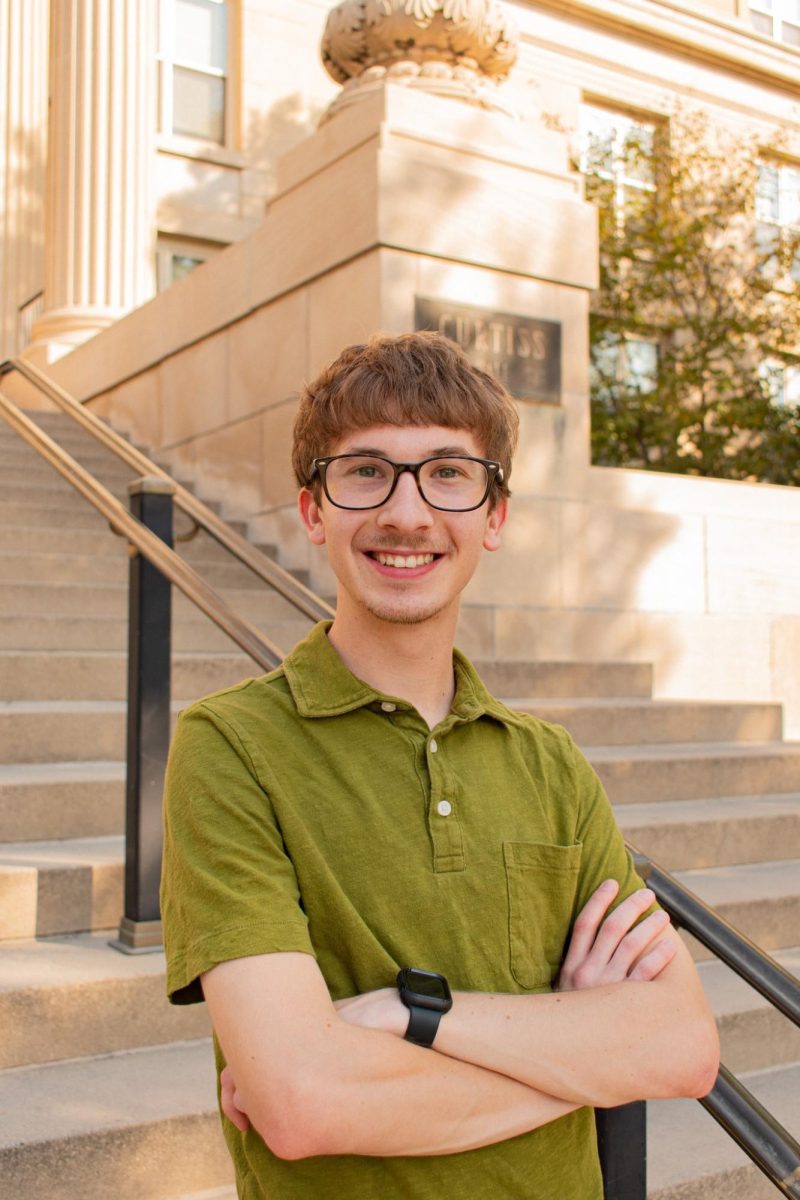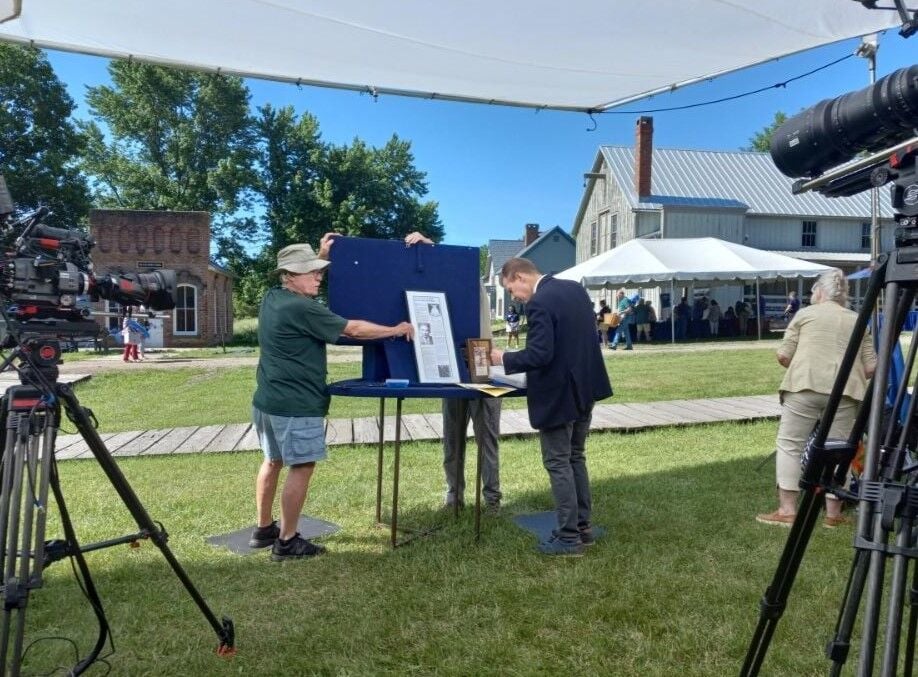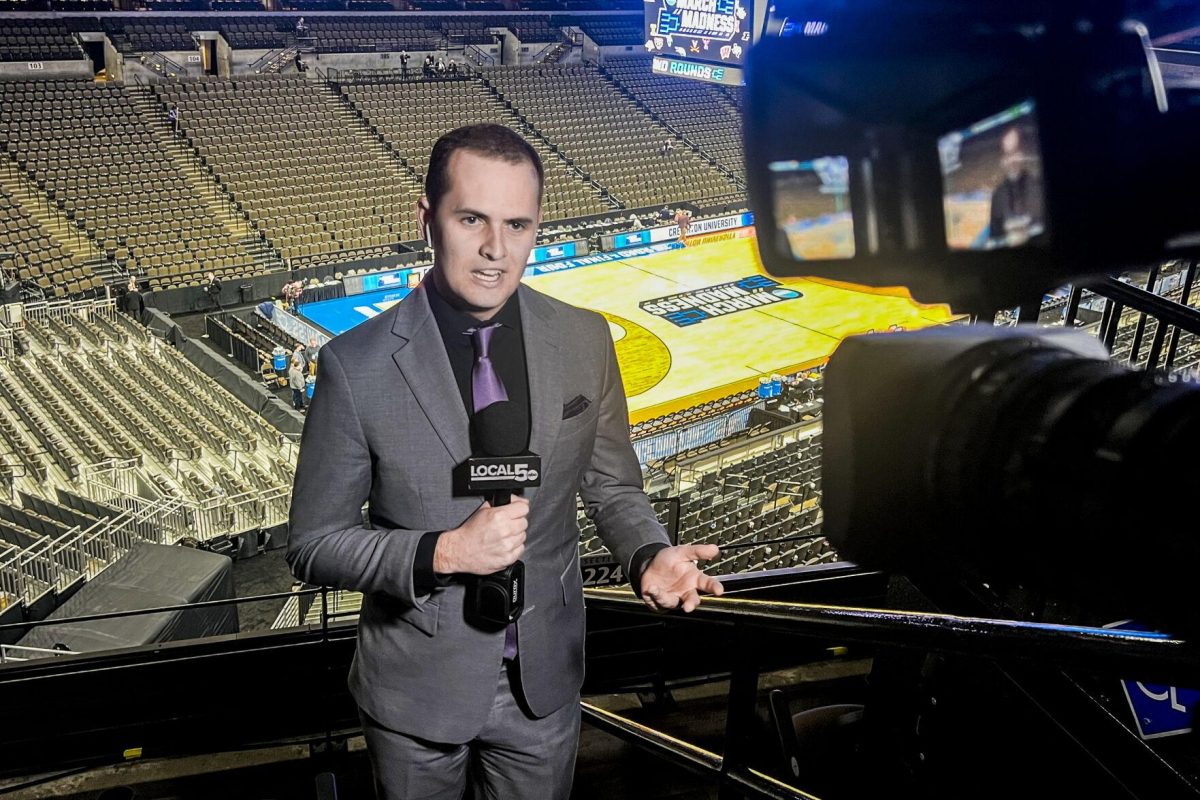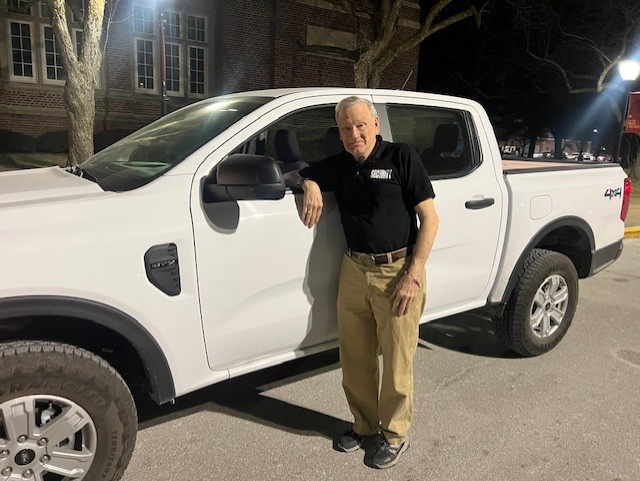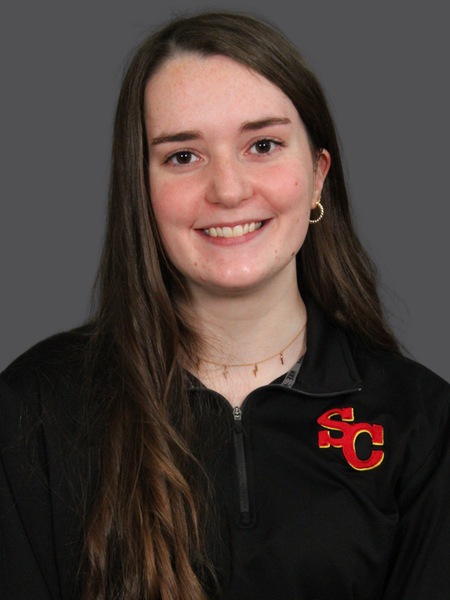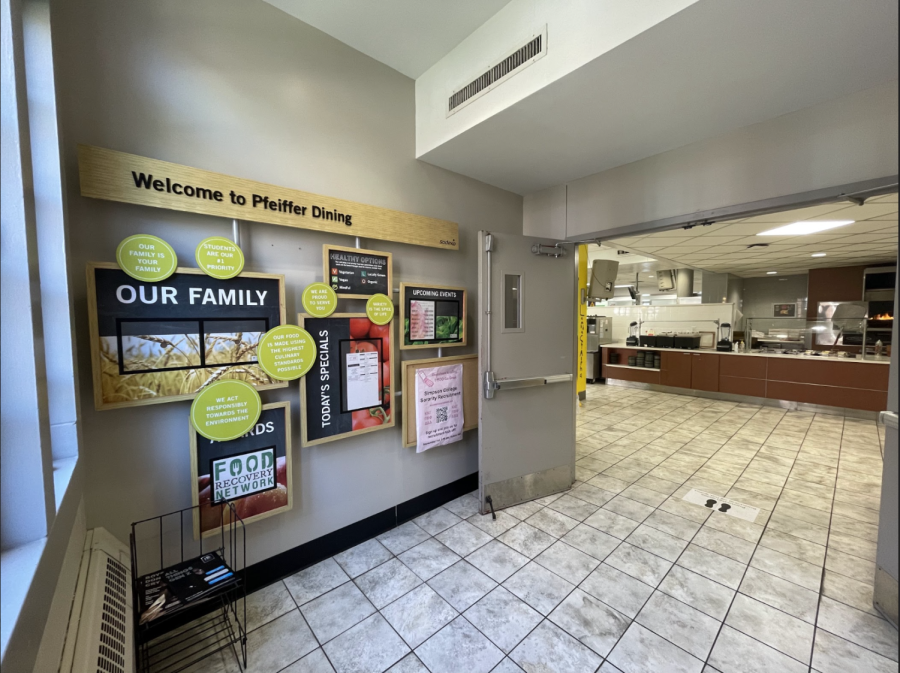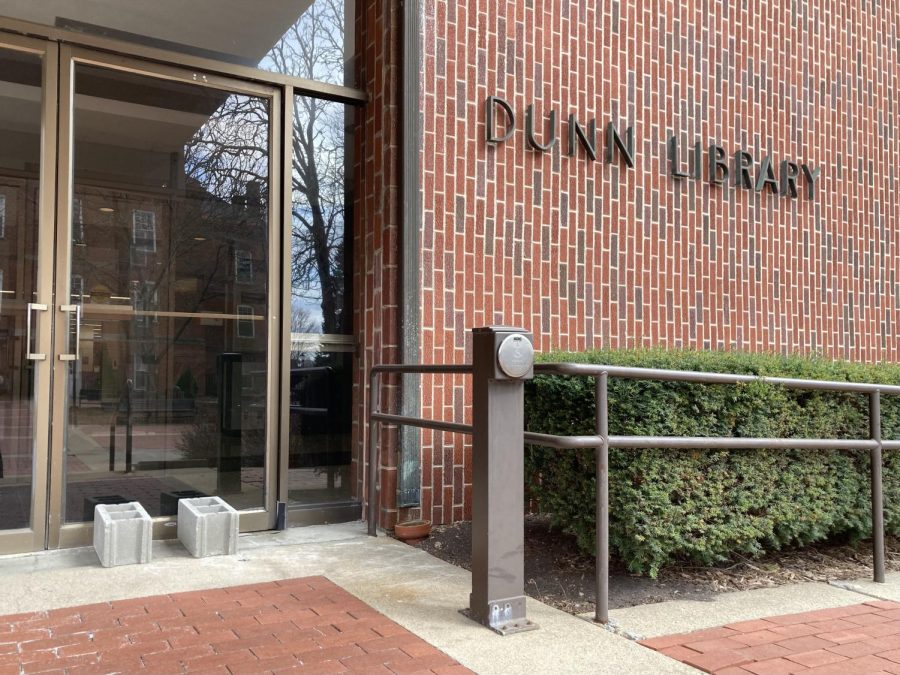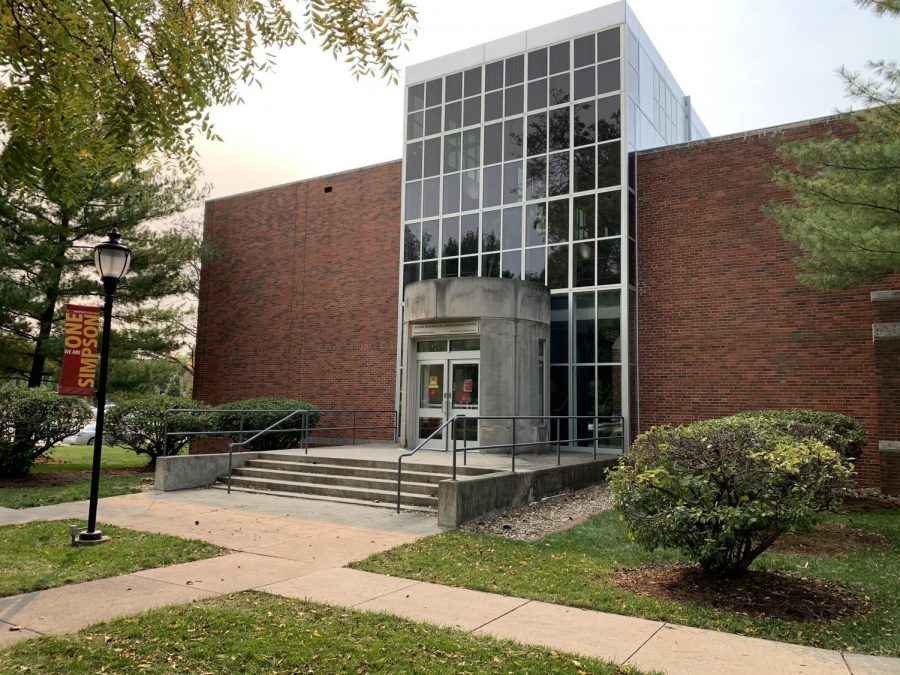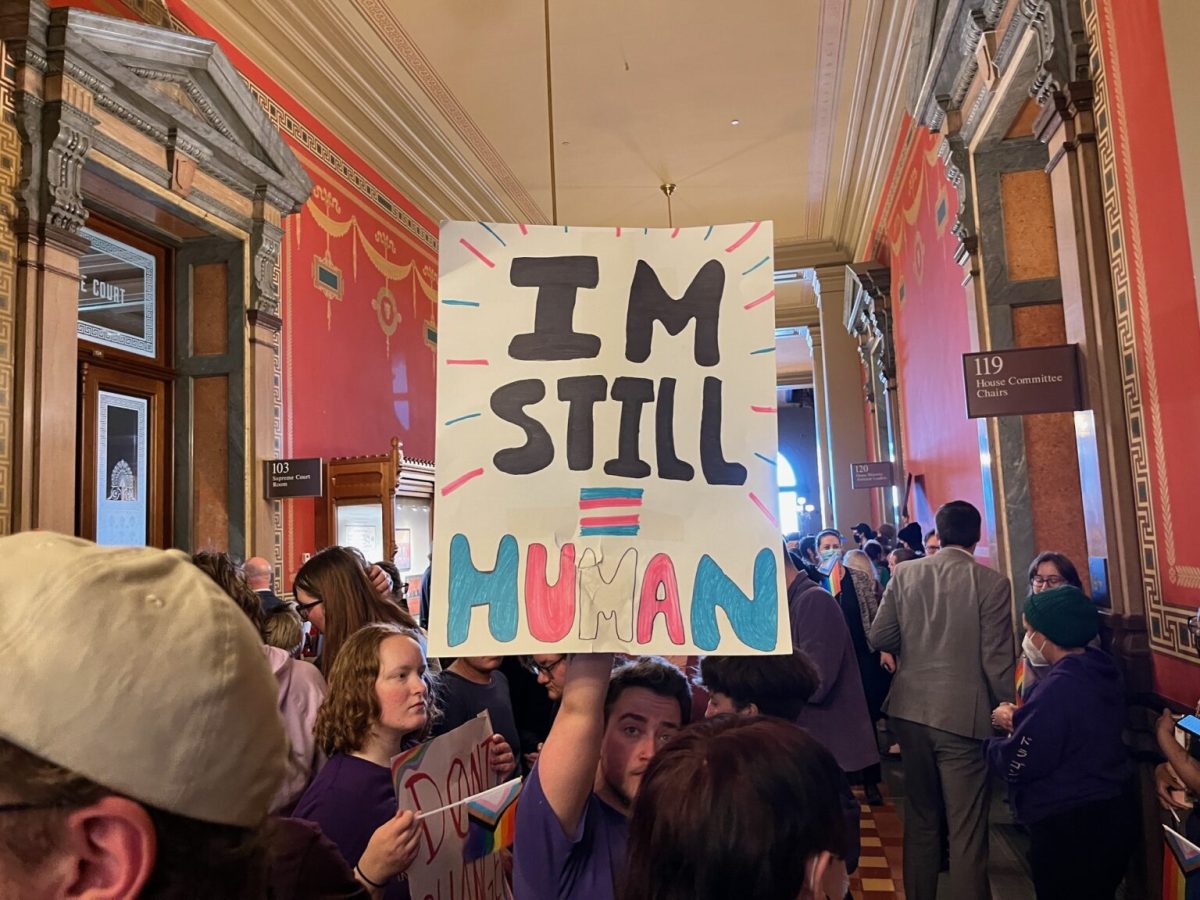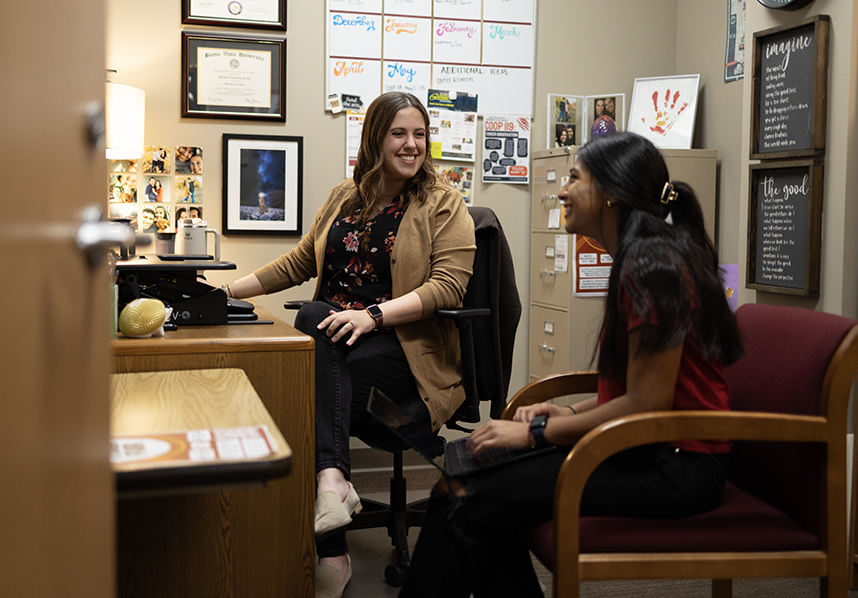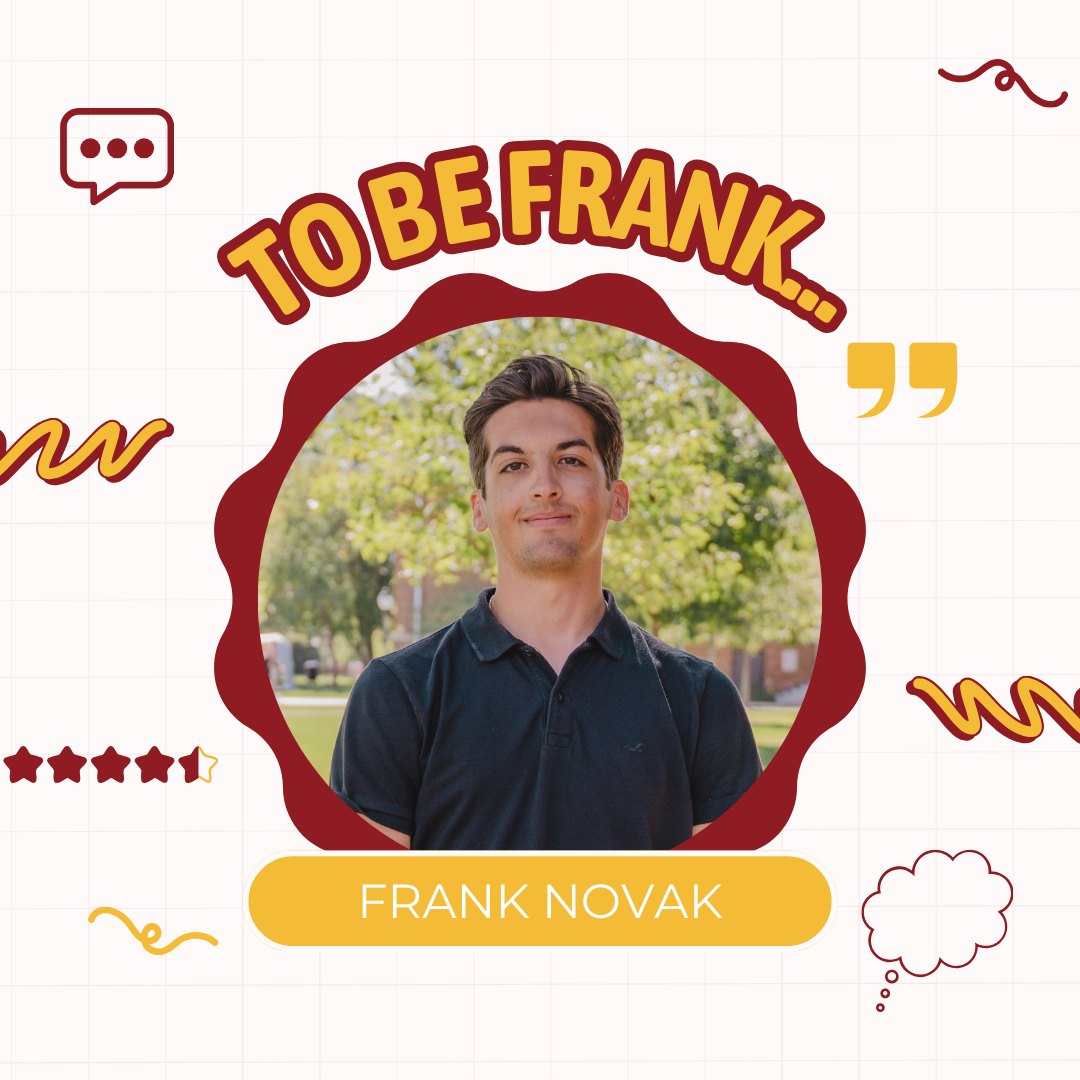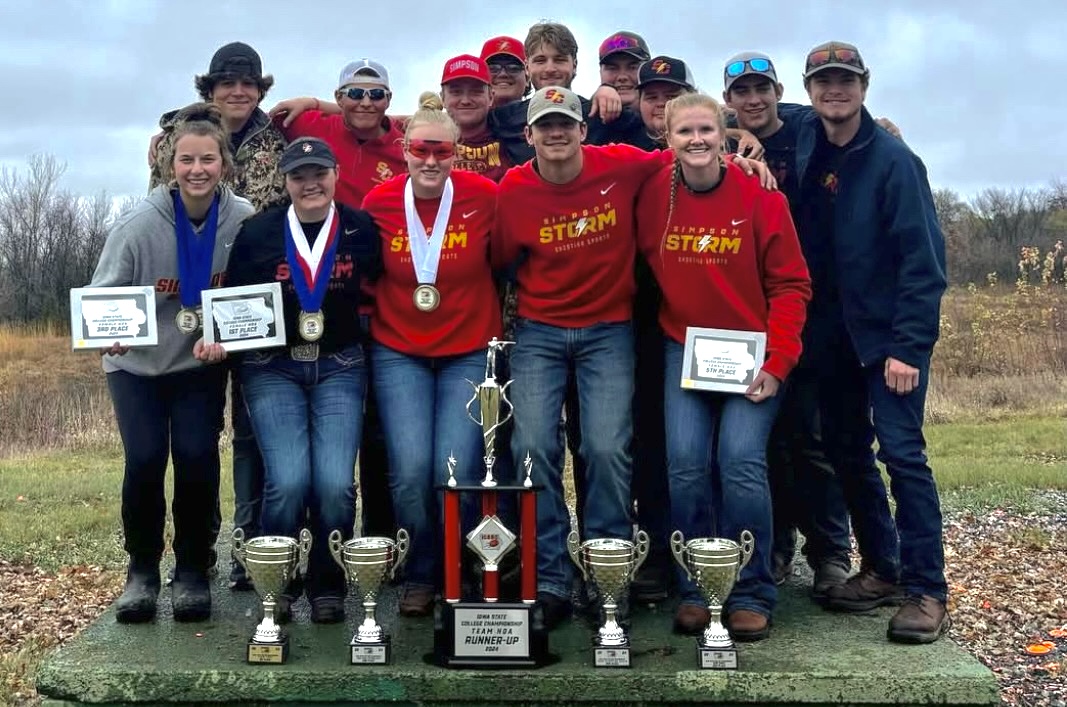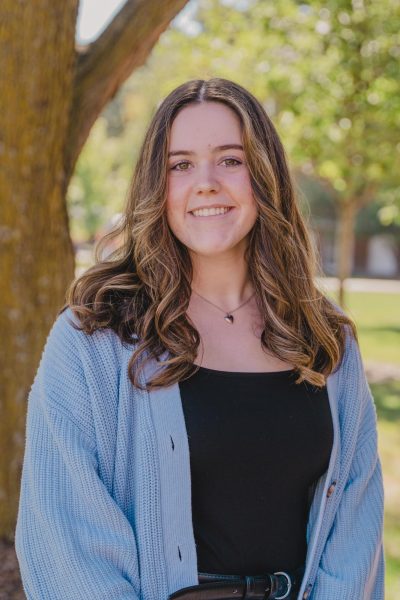John Della Volpe, the director of polling for the Harvard Kennedy School Institute of Politics, is not just a leading expert on youth political opinions but also an advocate for understanding and amplifying the voices of the younger generation.
On April 4, Della Volpe delivered the 13th Annual Culver Lecture, where he highlighted the importance of listening to Generation Z and their perspectives in shaping the future of the nation.
Della Volpe’s approach to understanding Gen Z is grounded in empathy and active listening. He recognizes that Gen Z has grown up through many traumas in society, with events such as the Great Recession, school shootings, climate change and the opioid epidemic.
“I don’t think we do enough listening in this country today,” Della Volpe said in an interview with the Simpsonian.
A lot of what young people grew up witnessing and still witness today is filtered through the lens of social media before their brains have fully matured, and a lot of his research was conducted before the world pandemic.
“I believe no generation, since the Greatest Generation, has seen more trauma and more chaos more quickly than younger people,” Della Volpe said in the lecture.
Unlike previous generations, many members of Gen Z have never experienced or remembered a nation united.
According to Della Volpe, their worldview is shaped by fears surrounding existential threats, infringements upon their rights, uncertainties about the future and concerns for the well-being of their families and communities.
Della Volpe shares that Gen Z yearns for a nation characterized by diversity, fairness and justice. He sees immense potential for progress within this demographic.
“Despite all that trumped the chaos of our trauma, rather than fleeing, younger people are standing up and fighting and voting [in] record numbers,” Della Volpe said in an interview with the Simpsonian.
He spoke about how young people feel powerless to effect change and declared that Gen Z possesses remarkable resilience and empathy.
“Washington understands the power that this generation has, and I want to make sure that young people feel prepared to exercise it,” Della Volpe said in the interview.
He acknowledges the doubt that young people have in their government and their ability to create change. Even so, traditional educational systems often fail to adequately prepare them for adulthood.
“The biggest challenge is a lack of confidence in governments, specifically not believing that government can actually solve the challenges that young people care so deeply about,” Della Volpe said in the interview.
His message is that meaningful change begins at the local level, where decisions are made that affect daily life in communities. By participating in local elections, young people have the opportunity to influence policies and initiatives that resonate with their values and concerns.
In his lecture, Della Volpe paints a picture of a generation that is deeply aware of the challenges it faces but remains hopeful about the possibilities for a better future: Gen Z. They are eager to engage in meaningful dialogue and action to address pressing social, political and economic issues.
Della Volpe hopes to bridge the gap between research and real-world impact by providing insights into the attitudes and aspirations of young people. He aims to empower policymakers, educators and leaders to make decisions that reflect the needs and values of the next generation.
“Who do you want creating an education policy for your kids, for your future family?” Della Volpe asked the audience. “Do you want to be affecting that? Or do you want to have people who are three times your age who grew up in a very different environment affecting that?”
Della Volpe encourages people to embrace young perspectives of today’s youth and to foster environments that nurture their potential.
His commitment to amplifying the voices of young people, fostering dialogue across generational divides and addressing the pressing social and political issues of today inspires hope and empowers the next generation to navigate a rapidly changing world with resilience and agency.



